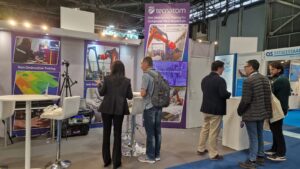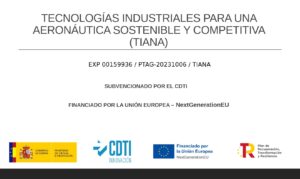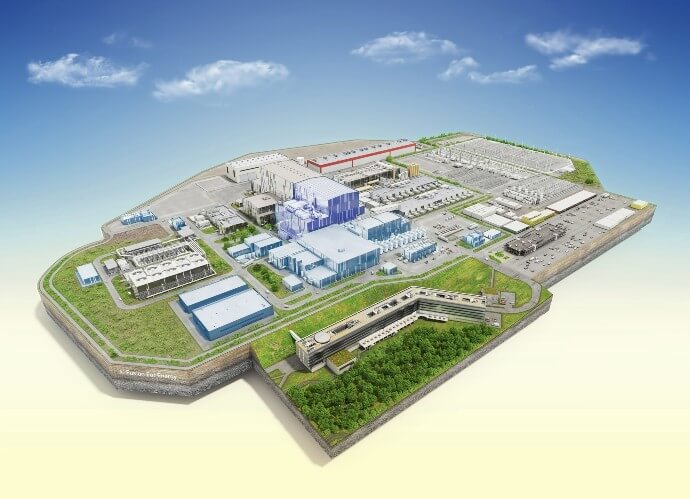In the recent past, simulators were used mainly in the nuclear and aerospace industries. Today however, their use has extended to a variety of sectors. Skill development based on simulator training (learning by doing), considerably reduces training time and increases knowledge retention.
Combined cycle simulators authentically replicate plant behavior and permit operation that is identical to that of the actual control room. Simulator training results in real life excellence in operations, thanks to the following:
- It reinforces safe operation, for both individuals and installations, minimizing damage.
- It optimizes resources, both of personnel as well as of fuel, water, start-up times, preparation, etc. In this way, the operation is more economical.
- It ensures the objective established by the load dispatch, guaranteeing compliance with the specific program.
- It guarantees adherence to the procedure, assimilating technical procedures and plant instructions.
Below, we offer an analysis of each of the sections and the improvements resulting from the use of the simulator in each of these:
Safe operation
Often, the distributed control systems (DCS) of these plants are complex and difficult to use, therefore, knowledge of their behavior may require considerable study time and practice.
The simulator permits training in everyday situations as well as uncommon or emergency cases, thereby reducing the operator’s stress load and ensuring safe and successful operation under any circumstances.
It is a powerful testing tool that permits the reproduction of operating situations, increasing knowledge but without jeopardizing safety.
Simulation is an excellent way to validate future changes in the installation as well as personnel training during said changes.
Resource optimization
A greater knowledge of the combined cycle, its systems, distributed control system, instrumentation, alarms, as well as practical knowledge, leads to improved operation, extending the installation’s lifespan and guaranteeing maximum performance.
The comparison between real plant data and the anticipated simulator results will be indicative of whether or not all of the teams are functioning as they should (digital twin), and in this way, improves the plant’s predictive maintenance and assists in decision making.
It increases the flexibility and versatility of the plant personnel while also increasing the number of specialists in a greater number of tasks, thereby improving performance and reducing costs.
Compliance with objectives
Electrical systems are increasingly complex and load dispatches issue instructions that electricity producers must commit to and guarantee.
Ongoing training in startup and shutdown procedures, safety systems, maintenance in short term and prolonged shutdowns, is, without a doubt, of great assistance in the precise compliance with the established load program.
Adherence to the procedure
The simulator is an excellent tool for the domain of the plant’s operating procedures, since the simulation faithfully recreates the processes of the same. In fact, it is also used for the validation of these processes in the case of revisions.
What does Tecnatom offer the Combined Cycle simulators?
Over recent years, Tecnatom, a company specializing in the development of simulation solutions for power plants, has developed simulators for combined cycle plants of distinct technologies.
The distributed control systems (DCS) of these plants are highly complex due to the enormous development of logical systems and man-machine interface. However, Tecnatom has successfully developed automatic translators of the distributed control systems to the simulation tools, based on the plant’s available documentation. In this way, the concept of emulation arises, as the most authentic and closest approximation to the facility’s actual behavior. In addition, the digital twin permits updates, design modifications, and analyses.
In these projects, simulation engineers and training personnel are involved from day one, in order to ensure that the simulator has all of the necessary didactic materials and plant personnel, knowledgeable of the technology existing throughout the product development, is also available from the onset in order to ensure that all of its needs are satisfied.
The usefulness of our simulators is evident from their extensive use; in some of these simulators, over a hundred courses have been taught, with more than four hundred students benefitting from the same.






